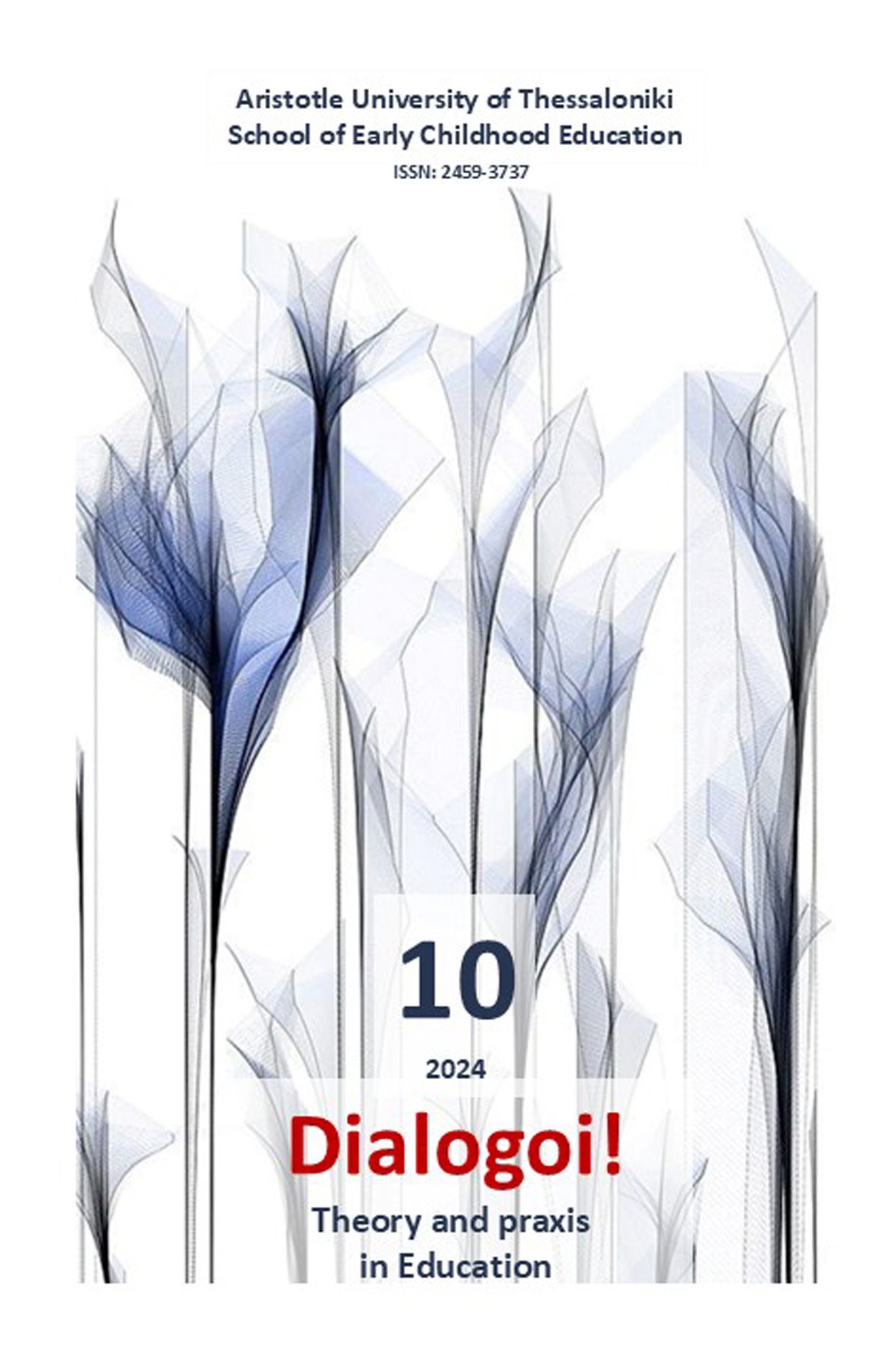Role Playing and its Effects in a First Semester Computer Programming Course

Abstract
This paper presents a pilot application of a team-based project development with roles assignment to develop a software application in a first-semester course offered in an engineering school that doesn’t focus on computer science and technology. The course is the Computer Programming Methodology of the School of Production Engineering and Management of the Technical University of Crete, where the first year students have a low participation in the exams, despite their participation in the lectures and laboratory sessions. To boost their confidence and provide additional learning opportunities, the teacher introduced the combination of the two teaching techniques as an extra possibility. The teams were made up of four to five people, while the assigned roles were Coordinator, Analyst, Developers (two people) and Tester. The results showed the positive relationship between role-playing group work and exam participation, while the difference in gender attitudes towards programming courses was confirmed. In addition, the analysis of the learning experience using the Kano model provided important information to the instructor about what features of the course design the students consider as desirable, or attractive, or uninteresting. Although the classification of most features as a desirable quality was more or less expected, the classification of some as an attractive or indifferent quality provided valuable feedback.
Article Details
- How to Cite
-
Spanoudakis, N., & Krassadaki, E. (2024). Role Playing and its Effects in a First Semester Computer Programming Course. Dialogoi! Theory and Praxis in Education, 10, 262–274. https://doi.org/10.12681/dial.36789
- Issue
- Vol. 10 (2024)
- Section
- Presentations of Innovative Programs

This work is licensed under a Creative Commons Attribution-NonCommercial-ShareAlike 4.0 International License.
Authors who publish with this journal agree to the following terms:
- Authors retain copyright and grant the journal right of first publication with the work simultaneously licensed under a Creative Commons Attribution Non-Commercial License that allows others to share the work with an acknowledgement of the work's authorship and initial publication in this journal.
- Authors are able to enter into separate, additional contractual arrangements for the non-exclusive distribution of the journal's published version of the work (e.g. post it to an institutional repository or publish it in a book), with an acknowledgement of its initial publication in this journal.
- Authors are permitted and encouraged to post their work online (preferably in institutional repositories or on their website) prior to and during the submission process, as it can lead to productive exchanges, as well as earlier and greater citation of published work (See The Effect of Open Access).


